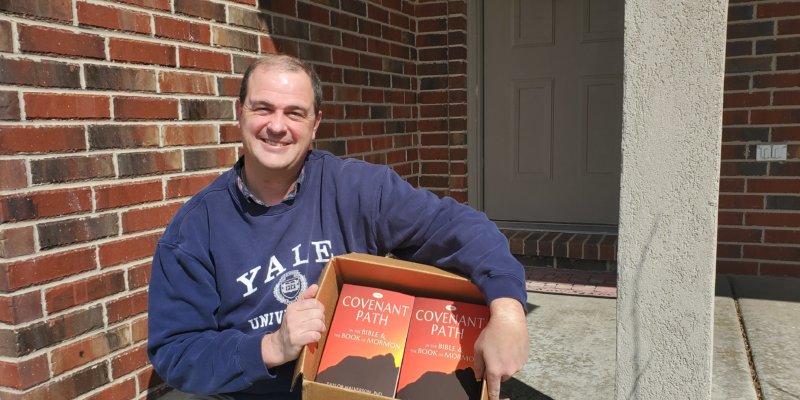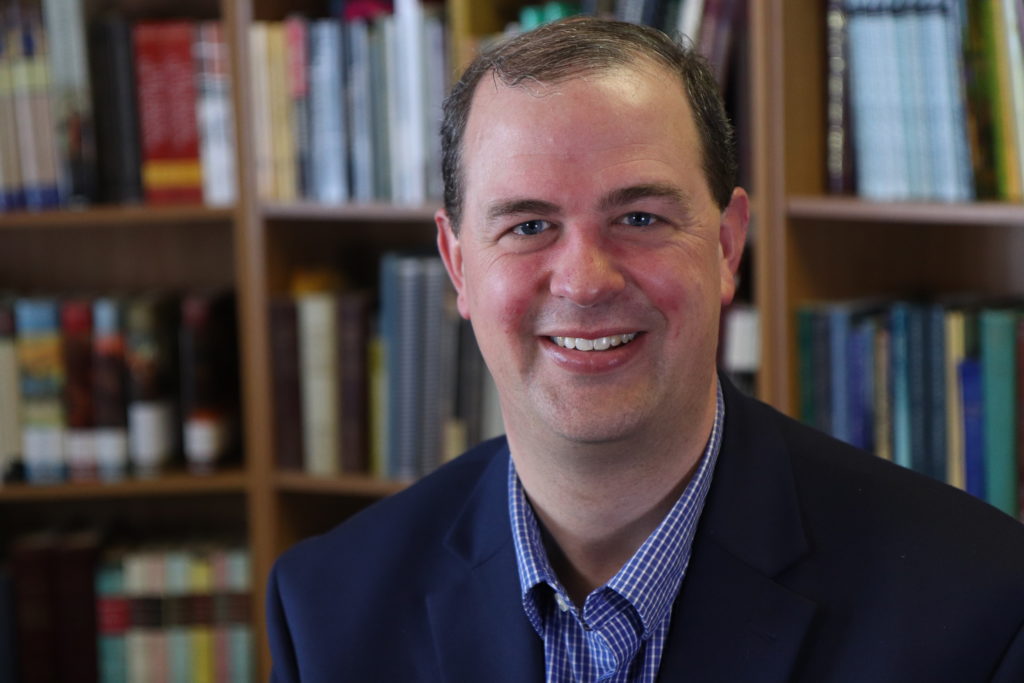I blog here in response to a great question from Robert Gray, Jr., Ph.D., who is the Director of the Program for the Enhancement of Teaching and Learning at the University of South Alabama. Rob asked, in response to my blog “The Lecture: A Technology 562 Years Past Its Prime“, “since reading materials have been incorporated into the lecture process, where should that process have evolved to by now?”
Thanks for the great prompt. Because content, great content, is so readily available to learners from experts world-wide, the role, definition, and purpose of teachers is shifting. Perhaps instead of using the term teachers, we should use the term learning leaders (doesn’t roll off the tongue as nicely as does the term “teachers”, though). In today’s world, it is insufficient to be a content expert. In the past, teachers were the content experts and since access by learners to great content was so difficult, the easiest way to access it was through teachers who shared that content with them.
Teachers should be interdisciplinary in their expertise about learning. Knowledge transfer is not learning. Sharing information is insufficient for learning. To be a great teacher, or a learning leader, one needs to know something about neuroscience, psychology, motivation, instructional design, technology (broadly conceived) integration, assessment and evaluation, etc. I might say, parenthetically, that it is amazing how much we have learned in the modern age about how the brain functions and yet that phenomenal knowledge is seldom used to guide the design of learning experiences to maximize the success of learning. Analogously, would a coach aspiring to develop star athletes refuse to take advantage of the very best knowledge related to developing peak performing bodies using appropriate amounts of rest, nutrition, and specific exercises to train specific skills or abilities? No. So too should teachers (as coaches of emerging learners) take every advantage to skill themselves with the best in how learners learn. A future blog entry will probably tackle the idea that we should be focusing far more in Higher Education on the basics of helping students master the fundamental skills of learning. Far more important than students mastering any specific set of skills in the discipline that we represent is the ability to learn how to learn. As Alvin Toffler has so aptly stated, ““The illiterate of the 21st century will not be those who cannot read and write, but those who cannot learn, unlearn, and relearn.”
The challenge of universities is that we individually become so siloed and expert in our very narrowly defined fields (which is great for pressing research forward but not for helping students learn: 40 years of intense, dispassionate, scientific research has demonstrated zero correlation between research capabilities and teaching capabilities here, here, here, and here) is that we create a monoversity experience for learners instead of a university. The best teachers (or learning leaders) are those who are interdisciplinary. They have deep domain expertise in at least one area (likely their area of research) and broad capabilities across a variety of other fields (ideally those that positively impact student learning-fields that I mentioned above).
I’ll be writing more in a future blog about how teachers today need to be more than just deliverers of content. They need to be learning leaders. They need to lead student learning by example. That is, just as they expect students to have a university experience by being interdisciplinary, so too must teachers become interdisciplinary. And most importantly, they need to become skilled in designing learning experiences appropriate for the learners.





